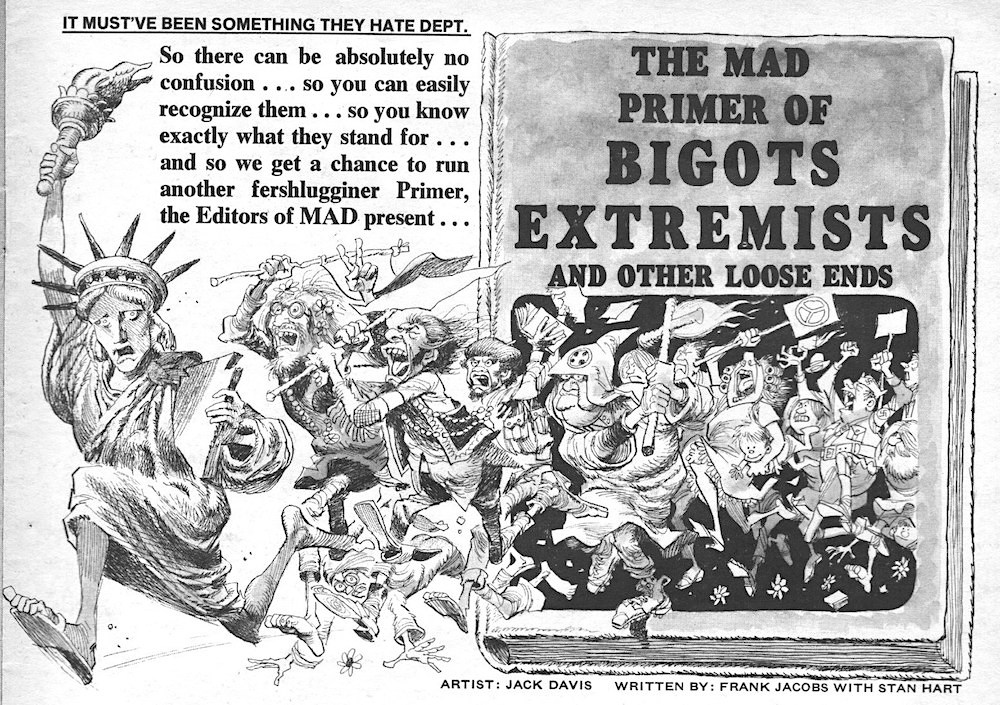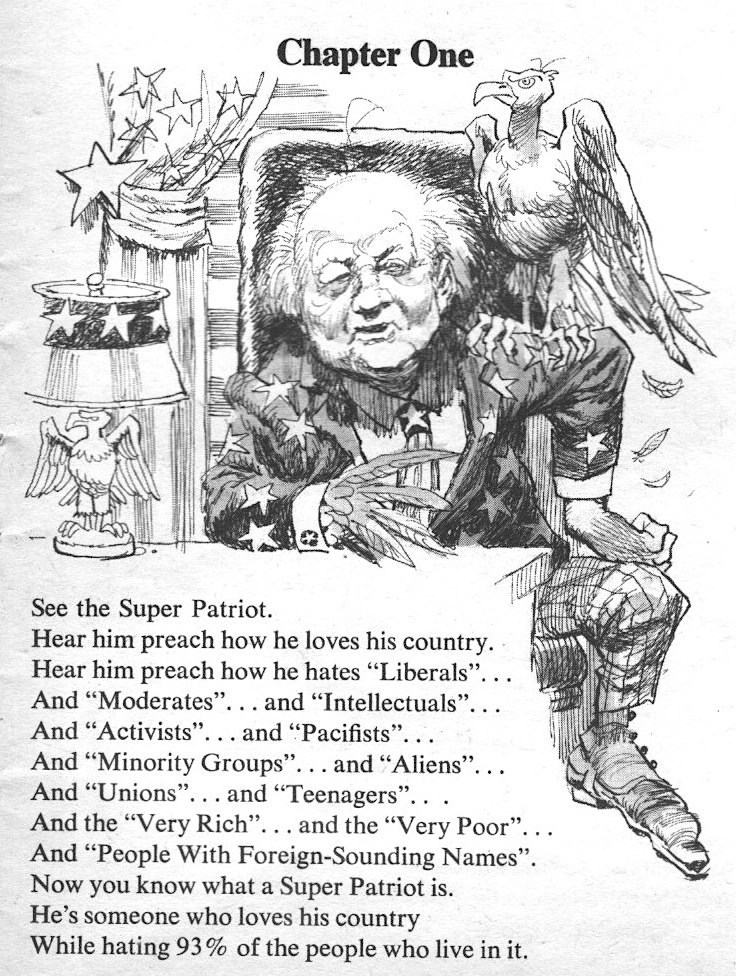This article—which points out mistakes in conservative scholarship promoting the "unitary executive" theory—illustrates a major problem with originalism. No one likes to admit error, especially not judges. And there's no incentive for acknowledging that you read history wrong.
A new paper: \u201cRemoval of Context: Blackstone, Limited Monarchy, and the Limits of Unitary Originalism,\u201d Yale J. Law & Humanities, 2022.
— Jed Shugerman (@jedshug) November 30, 2021
I found many errors in unitary executive amicus & scholarship on Blackstone & other historical sources. Thread:https://t.co/kUMAwfFY5K
https://t.co/PSTuOC6qRB
Isn't it illustrative of why originalism MUST be coupled with a weak form of stare decisis? Originalism claims to be falsifiable, and a strong view of SD entrenches rules based on bad history, when it is precisely originalist opinions' historic accuracy that gives them authoriry.
— Jimmy Buffett Fan, Esq. (@jimmy_esq) December 6, 2021















